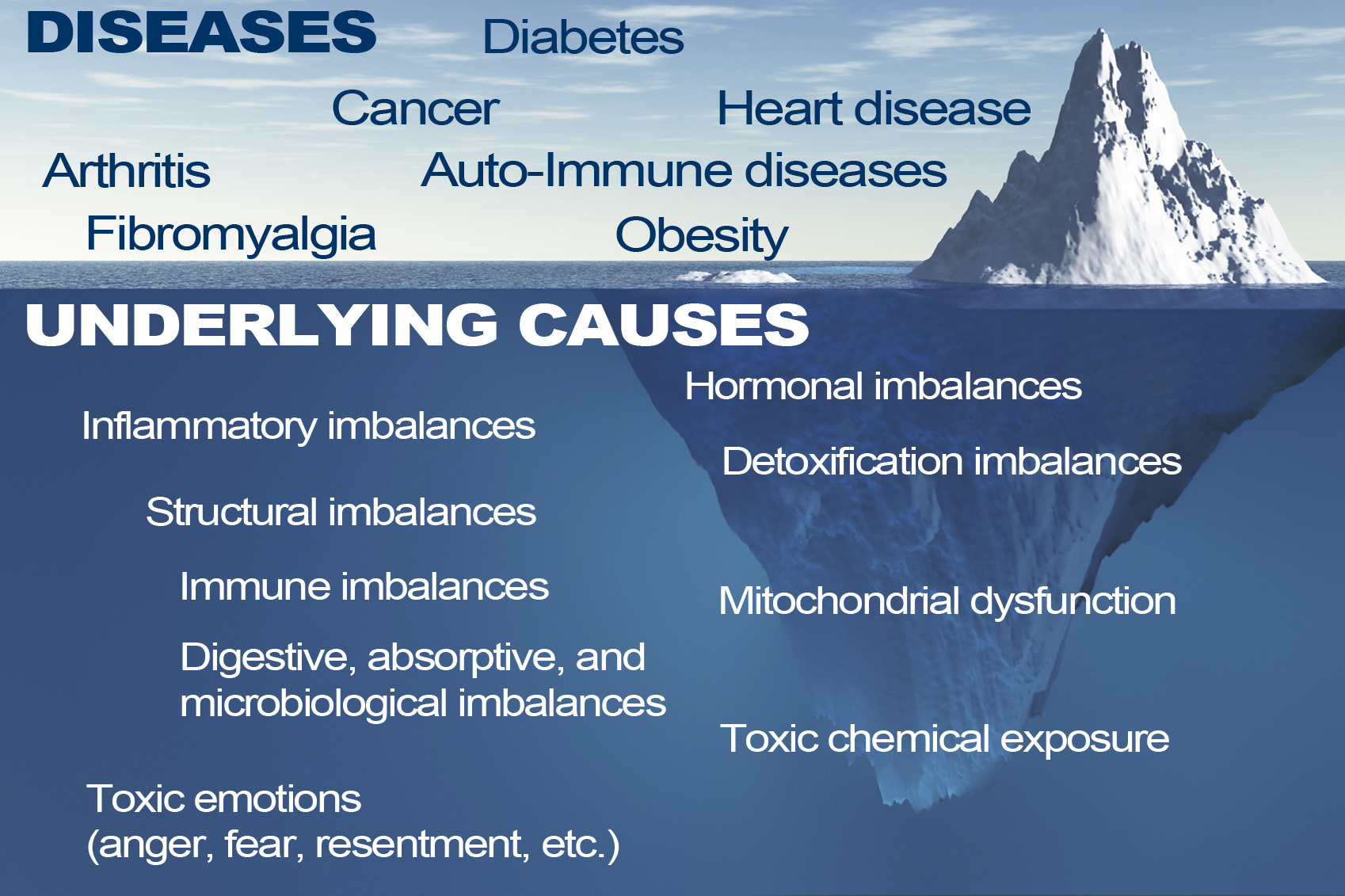B vitamins and omega-3 fatty acids are essential nutrients involved in numerous metabolic processes that play a significant role in cognitive health. Due to the lack of new drugs to treat cognitive impairment, researchers are looking more and more at nutrients to delay or prevent cognitive decline. An interesting study just published January 6, 2016 in the Journal of Alzheimer’s Disease addressed this issue. Here, researchers investigated whether omega-3 fatty acid status had an effect on the use of B vitamins in mild cognitive impairment (MCI).
Previous studies have already established that B vitamins can slow cognitive decline in the elderly. In fact, last week I shared the importance of vitamin B12 in learning and memory later in life, and the relationship between age-related decreased B12 levels and their association with neurological disorders.
In this new study, we see that this effect of B vitamins on cognitive decline was most pronounced in those who had above average homocysteine levels, a biomarker related to B vitamin status that may be toxic to the brain. The research team found that there was a link between omega-3 levels, homocysteine, and brain atrophy rates. The connection may lie in the fact that homocysteine plays a role in regulating phospholipid metabolism and omega-3 distribution by the methionine cycle, and B vitamins are essential for the production of phospholipids.
Two hundred and sixty six participants with MCI over 70 year of age were randomized to B vitamins (folic acid, vitamins B6 and B12) or placebo for 2 years. Researchers measured baseline cognitive test performance, clinical dementia rating (CDR) scale, and plasma concentrations of homocysteine, DHA and EPA fatty acids. The final results for verbal delayed recall, global cognition, and CDR were better in the B vitamin-treated group according to increasing baseline concentrations of omega-3s. In contrast, the scores in the placebo group were similar across these concentrations. Among those with good omega-3 status, 33% of those on B vitamin treatment had global CDR scores >0 compared with 59% among those on placebo. Among all 3 outcome measures, higher concentrations of DHA alone significantly improved the cognitive effects of B vitamins, whereas EPA appeared to be less effective.
This study demonstrated that B vitamins have no effect on cognitive decline in MCI when omega-3 levels are low. However, when omega-3 levels are in an upper normal range, B vitamins can help slow down cognitive decline and brain atrophy. These findings suggest that a combination of fish oil supplements and B vitamins may help to improve cognition and reduce age-related memory decline.
Note: The ratio of EPA to DHA needs to be 2:1
My practice utilizes a wide array of Omega products. A wide array because what works for one patient may not necessarily work for another.
Call or write me for additional discussion on this all important connection between the Omega’s, Methylation, B Vitamins and Cognition

